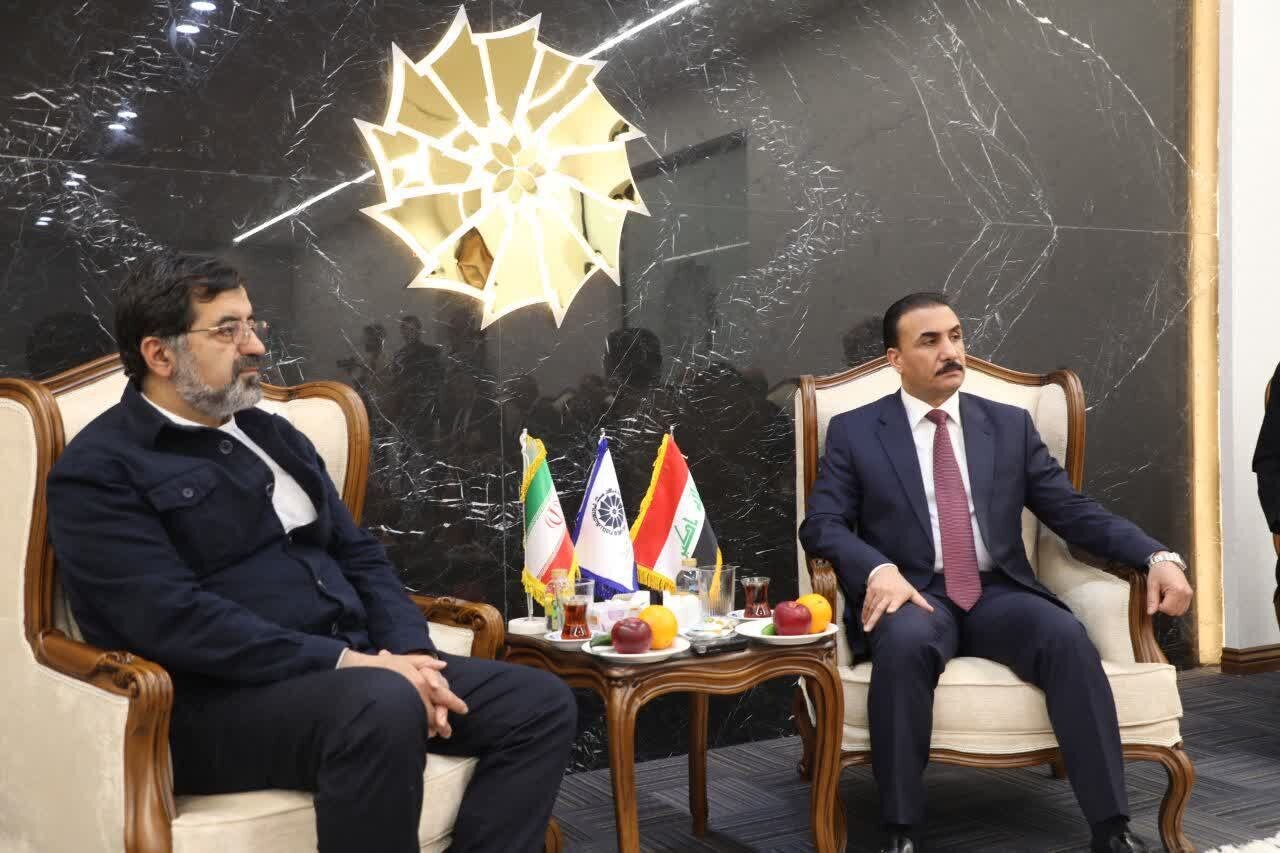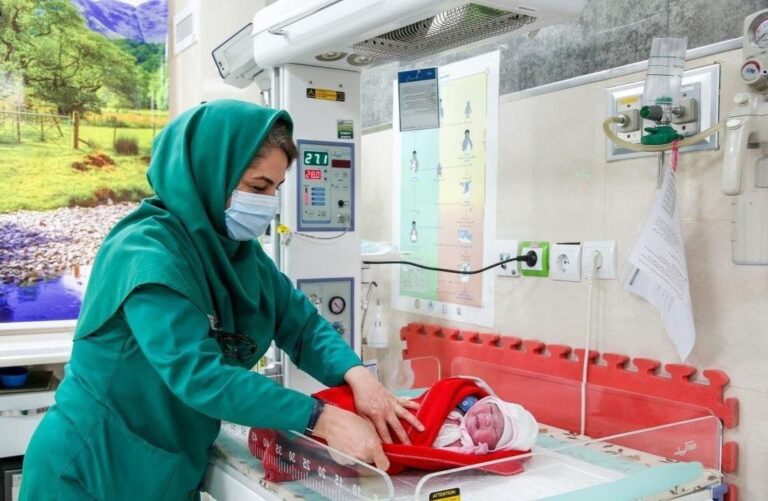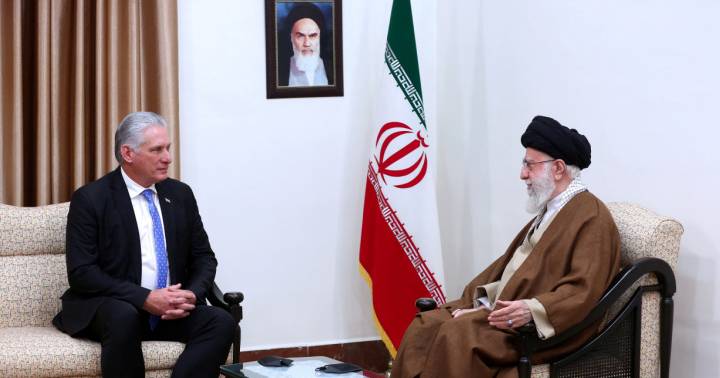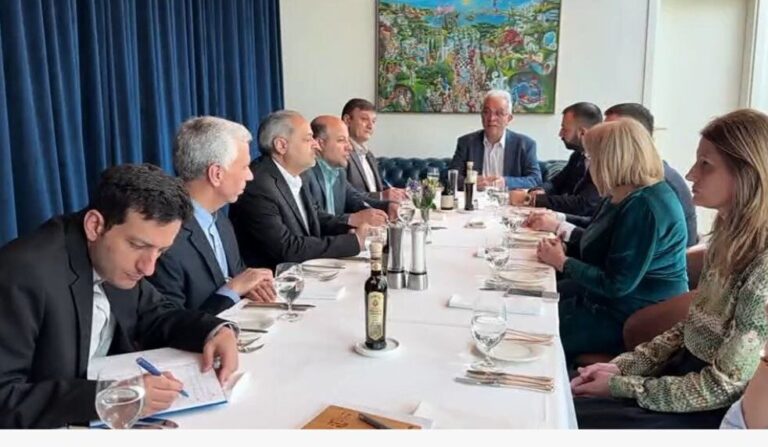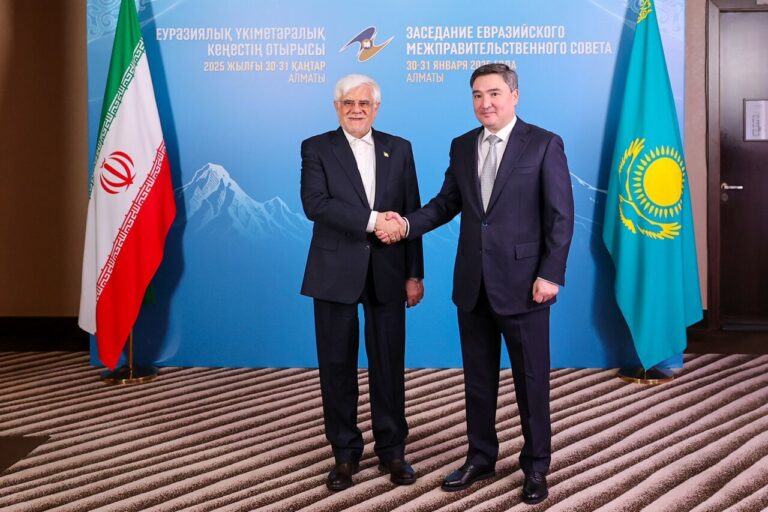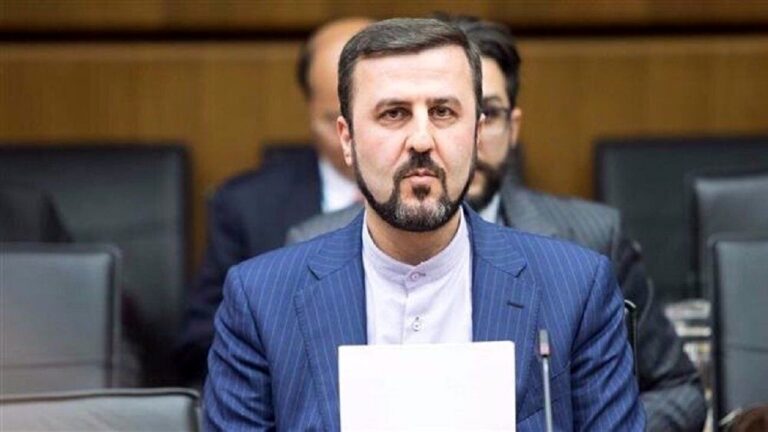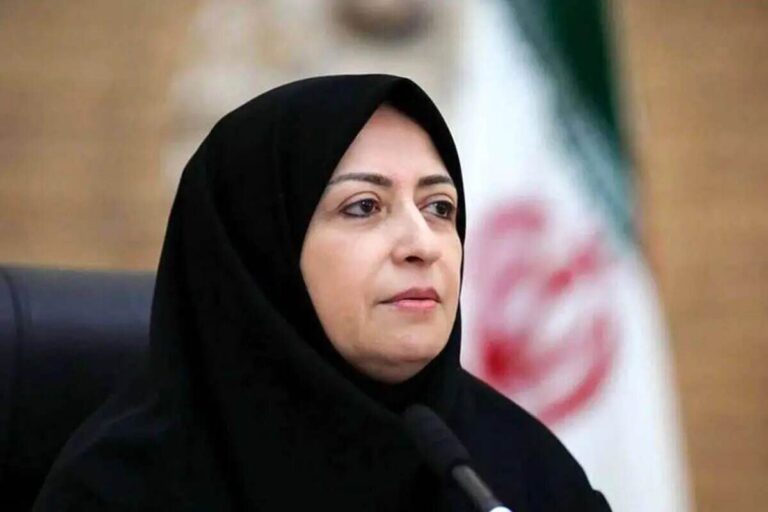Iran and Iraq Strengthen Educational Partnerships: Key Talks on Collaborative Initiatives
Enhancing Educational Cooperation Between Iran and Iraq is a crucial step towards fostering stronger ties between the two nations. Recently, Iran’s Deputy Minister of Education, Hamid-Reza Sheikholeslam, and Iraq’s Minister of Education, Ibrahim Namis Yassin, engaged in significant discussions aimed at expanding educational collaboration. This meeting, held in Qom, emphasized the need for improved educational interactions, as reported by IRNA.
Attending the meeting was the Iraqi ambassador to Tehran, Naseer Abdul Mohsen Abdullah, who contributed to the discussions surrounding educational challenges faced by Iraqi nationals in Iran. Key issues addressed included:
- Facilitating access to education for Iraqi citizens residing in Iran
- Organizing identity development camps
- Establishing a joint working group for ongoing collaboration
- Developing cultural and religious programs
This meeting underscored the importance of creating a structured approach to educational cooperation between Iran and Iraq.
Iran-Iraq Scientific and Educational Cooperation Meeting took place on February 9 in Tehran, further exploring opportunities for strengthening friendly relations between universities in both countries. This gathering provided a platform for:
- Enhancing cooperation through electronic research publications
- Promoting virtual universities within the Islamic world
- Implementing modern e-learning solutions
Over 20 Iraqi professors participated in this significant dialogue, reinforcing the commitment to educational advancement. Karim Najafi Barzegar, the Secretary General of the virtual universities of the Islamic world, shared insights into Iran’s educational progress post-1979 Islamic revolution. He noted:
“Thanks to the realization of educational justice, the number of university students has risen from 175,000 in 1978 to over 4 million students now.”
Despite facing harsh sanctions, Barzegar emphasized that Iran has emerged as a leader in various scientific fields, including:
- Nanotechnology
- Biotechnology
- Aerospace
He highlighted the vital role of science diplomacy in establishing collaborative networks among Islamic nations. This approach aims to leverage shared technical and scientific resources to address global challenges and foster constructive international partnerships.
During the second Iran-Iraq Science Week, which took place from January 18 to 20 in Karbala, Iraq, both countries formalized their commitment to scientific collaboration by signing an action plan. This agreement was signed by:
- Omid Rezaei-Far, an official from the Ministry of Science
- Haider Abd Dahed, Iraqi Deputy Minister of Higher Education and Scientific Research
The action plan focuses on various aspects of educational cooperation, particularly:
- Increasing scholarship opportunities for graduate and postgraduate education
- Fostering joint research initiatives
- Encouraging academic exchanges between institutions
These efforts are aimed at enhancing the educational landscape for both nations, ultimately benefiting students and researchers alike. As Iran and Iraq continue to strengthen their educational ties, the collaboration is expected to yield significant advancements in various fields.
In conclusion, the recent meetings between Iranian and Iraqi educational officials reflect a robust commitment to enhancing educational cooperation. By addressing the challenges faced by students and fostering collaborative initiatives, both countries are poised to benefit from a strengthened educational framework. The establishment of joint working groups and action plans signifies a forward-thinking approach that prioritizes mutual growth and development in the educational sector.
